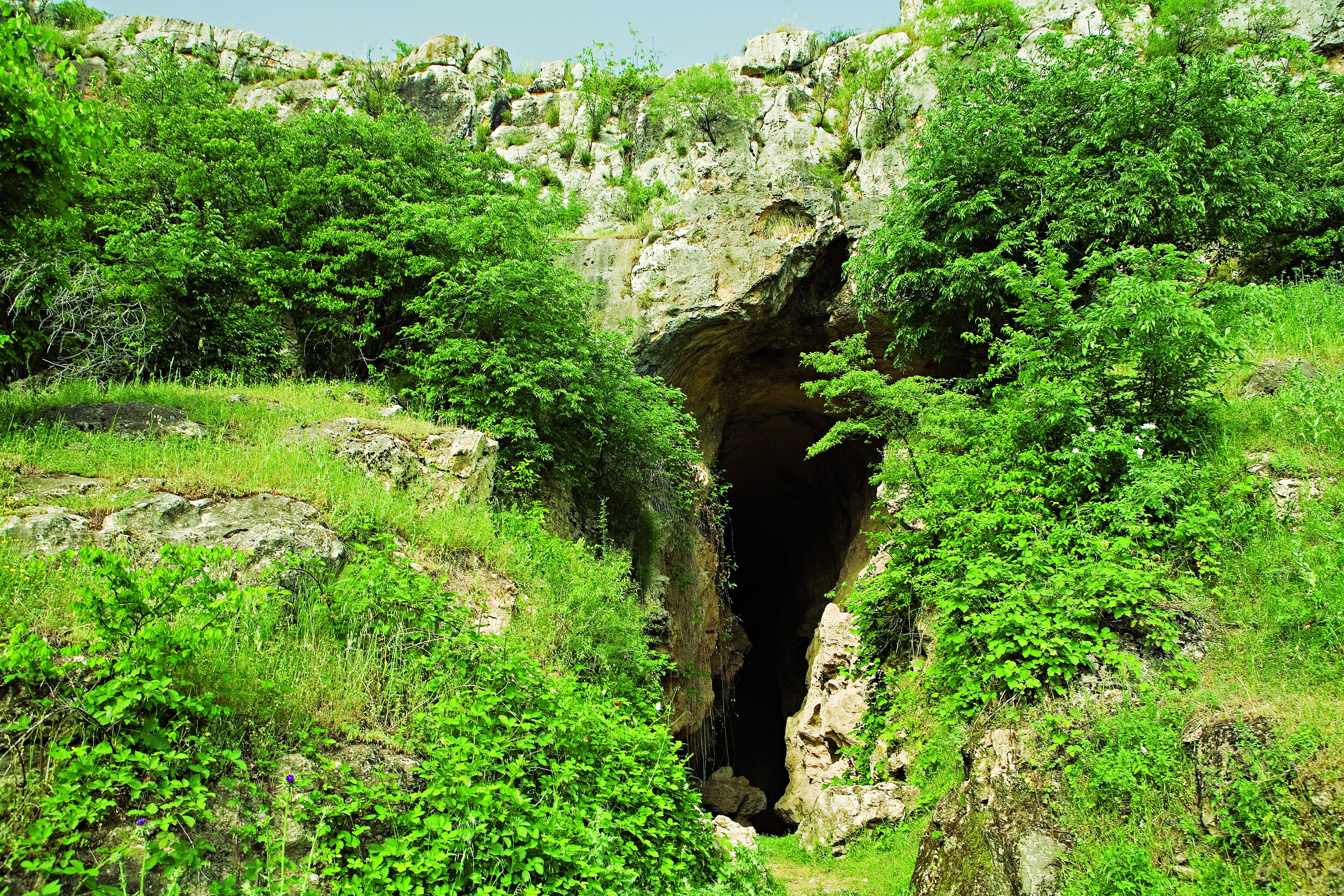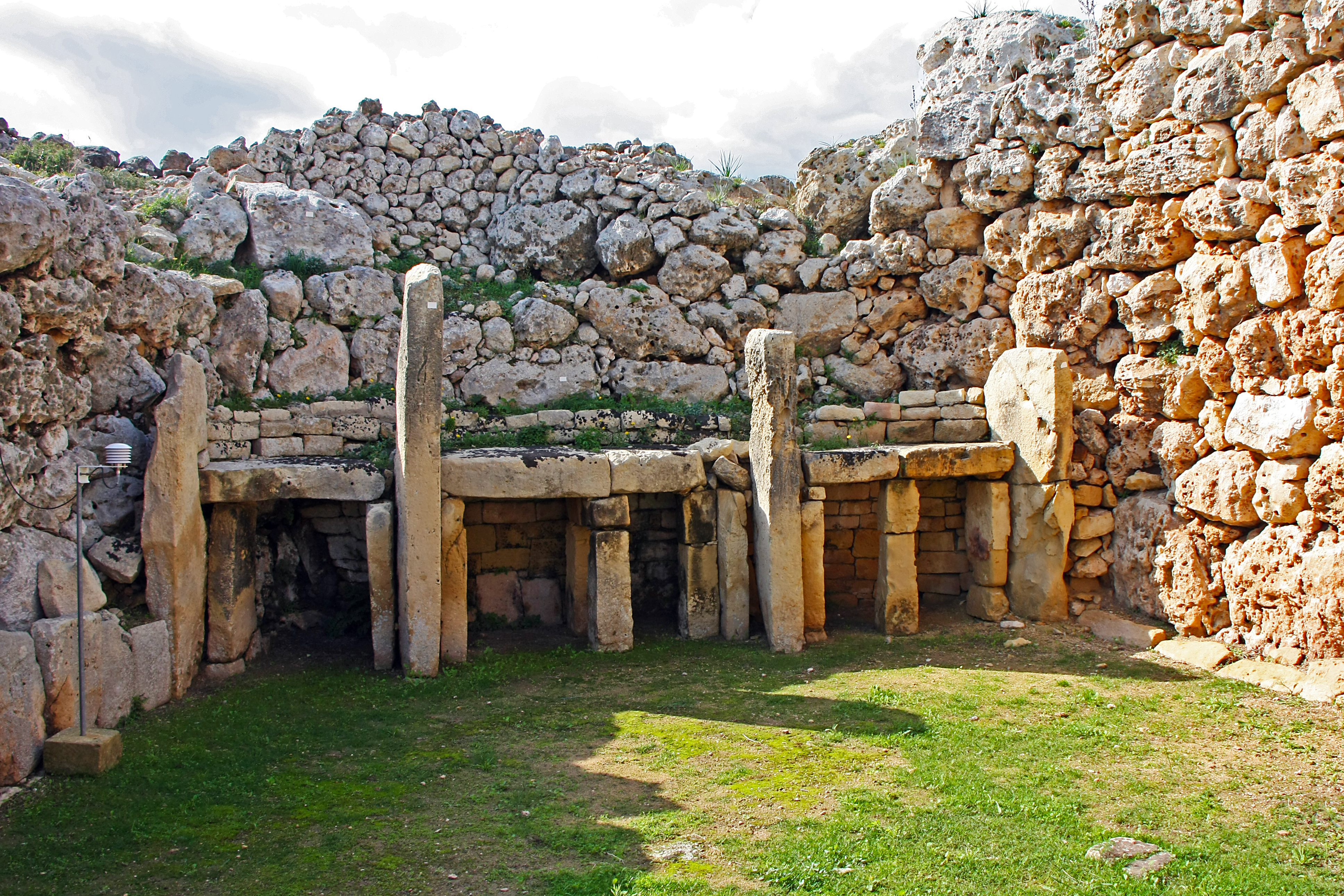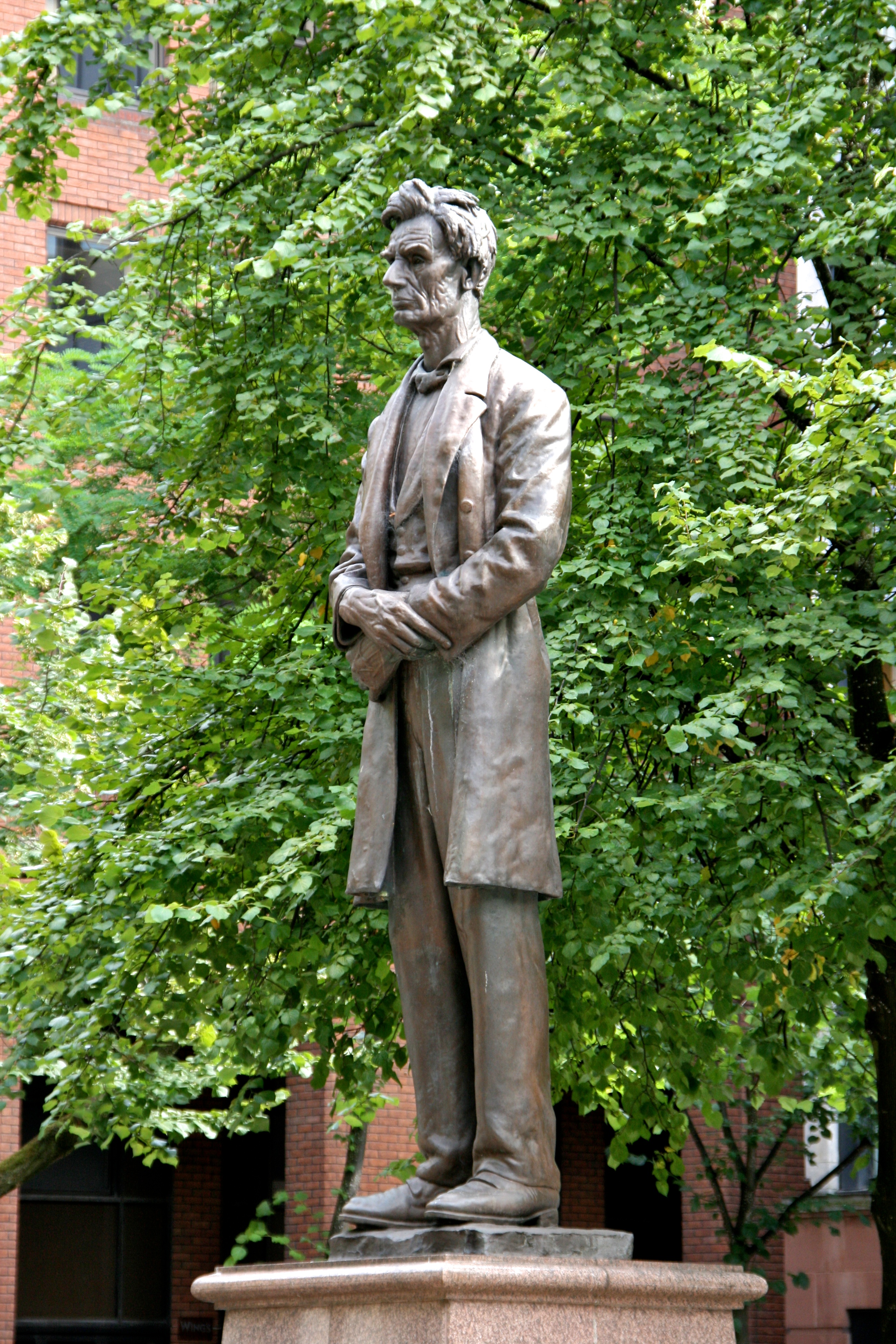|
Azykh
Azykh ( az, Azıx) or Azokh ( hy, Ազոխ) is a village in the Khojavend District of Azerbaijan, in the disputed region of Nagorno-Karabakh. The village is situated on the river of Ishkhanchay ( az, İşxançay) or Ishkhanaget ( hy, Իշխանագետ), near the Azykh Cave. The village had an ethnic Armenian-majority population prior to the 2020 Nagorno-Karabakh war, and also had an Armenian majority in 1989. The village was part of the Hadrut Province of the breakaway Republic of Artsakh between 1992 and 2020. Etymology According to the "Encyclopedic Dictionary of Azerbaijani Toponyms", the name ''Azykh'' originates from Old Turkic, meaning "bear den". According to the book "Historical-Architectural Monuments of Nagorno-Karabakh" by Shahen Mkrtchyan, the name ''Azokh'' originates from the Armenian word Ազոխ, ''Azokh'', meaning "unripe grapes". History The Azykh Cave, located near the village, is a six-cave complex, known as a habitation site of prehistoric humans. ... [...More Info...] [...Related Items...] OR: [Wikipedia] [Google] [Baidu] |
Azykh Cave
Azykh Cave ( az, Azıx mağarası), also referred to as Azokh Cave () is a six-cave complex in Azerbaijan, known as a habitation site of prehistoric humans. It is situated near the village of Azykh in the Khojavend District. The cave is an important prehistoric site, which has been occupied by different human groups for a long time. The ancient layers of the Middle Paleolithic have yielded Neanderthal fossil remains that may date from around 300,000 years ago. The discovery of the cave The cave was discovered by the "Palaeolithic Archaeological Expedition" of the Azerbaijan National Academy of Sciences under the leadership of Mammadali Huseynov in 1960 and is considered to be the site of one of the most ancient locations of proto-human presence in Eurasia. A Neanderthal-like jaw bone found in 1968 is assumed to be over 300,000 years old and thus one of the oldest proto-human remains found in Central Asia. Its discovery gave rise to the term '' Azykh Man''. Archaeologists ha ... [...More Info...] [...Related Items...] OR: [Wikipedia] [Google] [Baidu] |
Azokh Cave3
Azykh ( az, Azıx) or Azokh ( hy, Ազոխ) is a village in the Khojavend District of Azerbaijan, in the disputed region of Nagorno-Karabakh. The village is situated on the river of Ishkhanchay ( az, İşxançay) or Ishkhanaget ( hy, Իշխանագետ), near the Azykh Cave. The village had an ethnic Armenian-majority population prior to the 2020 Nagorno-Karabakh war, and also had an Armenian majority in 1989. The village was part of the Hadrut Province of the breakaway Republic of Artsakh between 1992 and 2020. Etymology According to the "Encyclopedic Dictionary of Azerbaijani Toponyms", the name ''Azykh'' originates from Old Turkic, meaning "bear den". According to the book "Historical-Architectural Monuments of Nagorno-Karabakh" by Shahen Mkrtchyan, the name ''Azokh'' originates from the Armenian word Ազոխ, ''Azokh'', meaning "unripe grapes". History The Azykh Cave, located near the village, is a six-cave complex, known as a habitation site of prehistoric humans. T ... [...More Info...] [...Related Items...] OR: [Wikipedia] [Google] [Baidu] |
Hadrut Province
Hadrut Province ( hy, Հադրութի շրջան) was a province of the Republic of Artsakh. The provincial capital was Hadrut city. The last governor was Valery Gevorkian. The province was captured by the armed forces of the Republic of Azerbaijan during the 2020 Nagorno-Karabakh war. It consisted of most of the Jabrayil District, the western part of the Fuzuli District as well as the southwestern part of the Khojavend District. History More than 340 people of Hadrut Region fell victim during the First Nagorno-Karabakh War. During the 2020 Nagorno-Karabakh conflict, heavy fighting took place in and around the city of Hadrut. Independent sources confirmed that the Azerbaijani army took control of the city of Hadrut on either 14 or 15 October 2020. Following the Aras Valley campaign and the Battle of Shusha, all of Hadrut Province was captured by the Azerbaijan Army by 9 November 2020. A peacekeeping contingent of the Russian Federation was placed along the frontline. Ge ... [...More Info...] [...Related Items...] OR: [Wikipedia] [Google] [Baidu] |
Azerbaijan
Azerbaijan (, ; az, Azərbaycan ), officially the Republic of Azerbaijan, , also sometimes officially called the Azerbaijan Republic is a transcontinental country located at the boundary of Eastern Europe and Western Asia. It is a part of the South Caucasus region and is bounded by the Caspian Sea to the east, Russia (Republic of Dagestan) to the north, Georgia to the northwest, Armenia and Turkey to the west, and Iran to the south. Baku is the capital and largest city. The Azerbaijan Democratic Republic proclaimed its independence from the Transcaucasian Democratic Federative Republic in 1918 and became the first secular democratic Muslim-majority state. In 1920, the country was incorporated into the Soviet Union as the Azerbaijan SSR. The modern Republic of Azerbaijan proclaimed its independence on 30 August 1991, shortly before the dissolution of the Soviet Union in the same year. In September 1991, the ethnic Armenian majority of the Nagorno-Karabakh region formed the ... [...More Info...] [...Related Items...] OR: [Wikipedia] [Google] [Baidu] |
Soviet Union
The Soviet Union,. officially the Union of Soviet Socialist Republics. (USSR),. was a transcontinental country that spanned much of Eurasia from 1922 to 1991. A flagship communist state, it was nominally a federal union of fifteen national republics; in practice, both its government and its economy were highly centralized until its final years. It was a one-party state governed by the Communist Party of the Soviet Union, with the city of Moscow serving as its capital as well as that of its largest and most populous republic: the Russian SFSR. Other major cities included Leningrad (Russian SFSR), Kiev (Ukrainian SSR), Minsk ( Byelorussian SSR), Tashkent (Uzbek SSR), Alma-Ata (Kazakh SSR), and Novosibirsk (Russian SFSR). It was the largest country in the world, covering over and spanning eleven time zones. The country's roots lay in the October Revolution of 1917, when the Bolsheviks, under the leadership of Vladimir Lenin, overthrew the Russian Provisional Government ... [...More Info...] [...Related Items...] OR: [Wikipedia] [Google] [Baidu] |
Populated Places In Hadrut Province
Population typically refers to the number of people in a single area, whether it be a city or town, region, country, continent, or the world. Governments typically quantify the size of the resident population within their jurisdiction using a census, a process of collecting, analysing, compiling, and publishing data regarding a population. Perspectives of various disciplines Social sciences In sociology and population geography, population refers to a group of human beings with some predefined criterion in common, such as location, race, ethnicity, nationality, or religion. Demography is a social science which entails the statistical study of populations. Ecology In ecology, a population is a group of organisms of the same species who inhabit the same particular geographical area and are capable of interbreeding. The area of a sexual population is the area where inter-breeding is possible between any pair within the area and more probable than cross-breeding with ind ... [...More Info...] [...Related Items...] OR: [Wikipedia] [Google] [Baidu] |
Stone Age
The Stone Age was a broad prehistoric period during which stone was widely used to make tools with an edge, a point, or a percussion surface. The period lasted for roughly 3.4 million years, and ended between 4,000 BC and 2,000 BC, with the advent of metalworking. Though some simple metalworking of malleable metals, particularly the use of gold and copper for purposes of ornamentation, was known in the Stone Age, it is the melting and smelting of copper that marks the end of the Stone Age. In Western Asia, this occurred by about 3,000 BC, when bronze became widespread. The term Bronze Age is used to describe the period that followed the Stone Age, as well as to describe cultures that had developed techniques and technologies for working copper alloys (bronze: originally copper and arsenic, later copper and tin) into tools, supplanting stone in many uses. Stone Age artifacts that have been discovered include tools used by modern humans, by their predecessor species in the ... [...More Info...] [...Related Items...] OR: [Wikipedia] [Google] [Baidu] |
Der Spiegel (online)
''Der Spiegel (online)'' is a German news website. Before the renaming in January 2020, the website's name was ''Spiegel Online'' (short ''SPON''). It was founded in 1994 as the online offshoot of the German news magazine, ''Der Spiegel'', with a staff of journalists working independently of the magazine. Today, it is the most frequently quoted online media product in Germany. ''Spiegel Online International'', a section featuring articles translated into English, was launched in autumn 2004. In 2019, its editorial office was merged with the one of the printed Spiegel and in 2020, the website was renamed accordingly. Company and editorial staff The news website ''Der Spiegel (online)'' is run by Der Spiegel GmbH & Co. KG (formerly Spiegel Online GmbH & Co. KG), itself a wholly owned subsidiary of Spiegel-Verlag. The editorial offices of the news website and the print magazine ''Der Spiegel'' were separate operations, that had their own offices, authors and content until January ... [...More Info...] [...Related Items...] OR: [Wikipedia] [Google] [Baidu] |
TheGuardian
''The Guardian'' is a British daily newspaper. It was founded in 1821 as ''The Manchester Guardian'', and changed its name in 1959. Along with its sister papers ''The Observer'' and ''The Guardian Weekly'', ''The Guardian'' is part of the Guardian Media Group, owned by the Scott Trust Limited, Scott Trust. The trust was created in 1936 to "secure the financial and editorial independence of ''The Guardian'' in perpetuity and to safeguard the journalistic freedom and liberal values of ''The Guardian'' free from commercial or political interference". The trust was converted into a limited company in 2008, with a constitution written so as to maintain for ''The Guardian'' the same protections as were built into the structure of the Scott Trust by its creators. Profits are reinvested in journalism rather than distributed to owners or shareholders. It is considered a newspaper of record in the UK. The editor-in-chief Katharine Viner succeeded Alan Rusbridger in 2015. Since 2018, th ... [...More Info...] [...Related Items...] OR: [Wikipedia] [Google] [Baidu] |
Der Spiegel
''Der Spiegel'' (, lit. ''"The Mirror"'') is a German weekly news magazine published in Hamburg. With a weekly circulation of 695,100 copies, it was the largest such publication in Europe in 2011. It was founded in 1947 by John Seymour Chaloner, a British army officer, and Rudolf Augstein, a former Wehrmacht radio operator who was recognized in 2000 by the International Press Institute as one of the fifty World Press Freedom Heroes. Typically, the magazine has a content to advertising ratio of 2:1. ''Der Spiegel'' is known in German-speaking countries mostly for its investigative journalism. It has played a key role in uncovering many political scandals such as the ''Spiegel'' affair in 1962 and the Flick affair in the 1980s. According to ''The Economist'', ''Der Spiegel'' is one of continental Europe's most influential magazines. The news website by the same name was launched in 1994 under the name ''Spiegel Online'' with an independent editorial staff. Today, the content is ... [...More Info...] [...Related Items...] OR: [Wikipedia] [Google] [Baidu] |
The Guardian
''The Guardian'' is a British daily newspaper. It was founded in 1821 as ''The Manchester Guardian'', and changed its name in 1959. Along with its sister papers ''The Observer'' and ''The Guardian Weekly'', ''The Guardian'' is part of the Guardian Media Group, owned by the Scott Trust. The trust was created in 1936 to "secure the financial and editorial independence of ''The Guardian'' in perpetuity and to safeguard the journalistic freedom and liberal values of ''The Guardian'' free from commercial or political interference". The trust was converted into a limited company in 2008, with a constitution written so as to maintain for ''The Guardian'' the same protections as were built into the structure of the Scott Trust by its creators. Profits are reinvested in journalism rather than distributed to owners or shareholders. It is considered a newspaper of record in the UK. The editor-in-chief Katharine Viner succeeded Alan Rusbridger in 2015. Since 2018, the paper's main news ... [...More Info...] [...Related Items...] OR: [Wikipedia] [Google] [Baidu] |






